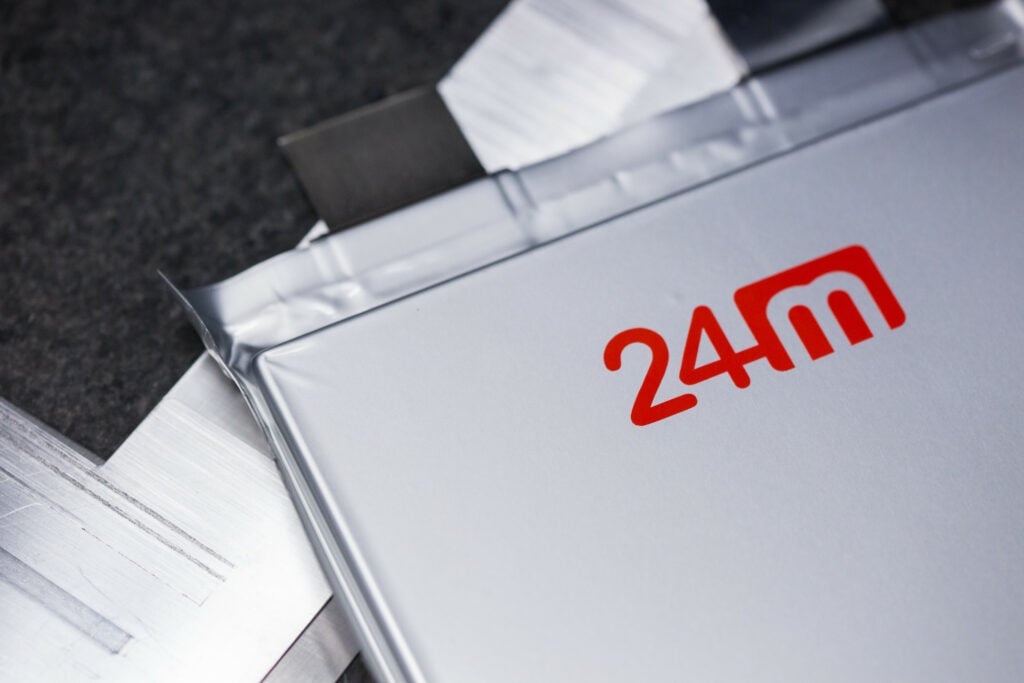
An agreement has been signed which could lead to a multi-gigawatt lithium-ion battery cell manufacturing facility being built near Chennai, India, using 24M’s advanced ‘SemiSolid’ electrode technology.
The US startup signed the agreement with Chennai-headquartered automotive parts and equipment manufacturer Lucas TVS. Lucas TVS said yesterday that it wants to open the gigafactory in Thervoy Kandigai, Gummudipundi, by the second half of 2023 and build up production capacity to 10GWh in two stages, with the expectation that other plants will be constructed around the country at later dates.
Enjoy 12 months of exclusive analysis
- Regular insight and analysis of the industry’s biggest developments
- In-depth interviews with the industry’s leading figures
- Annual digital subscription to the PV Tech Power journal
- Discounts on Solar Media’s portfolio of events, in-person and virtual
The cells will be used in stationary energy storage systems — including grid-scale — as well as in electric cars and will also be aimed at replacing lead acid batteries for various applications. With India’s government strongly supporting renewable energy and electric mobility rollouts and supportive of moves to grow domestic manufacturing capabilities to serve those sectors, Lucas TVS believes its plans will fall in line with these strategic policy aims.
24M has positioned itself as a disruptor of conventional lithium-ion technologies for some years. It has created a binder-free manufacturing process which enables electrodes four to five times thicker than other lithium cells. This removes a “substantial portion of the inactive material set,” including copper, aluminium and cell separator, then-senior director of products Joe Adiletta told this site in a 2020 interview.
Adiletta said this simplification of the process — also allowing the removal of several steps such as drying and electrolyte filling — gave 24M advantages in cost of production, including a capital cost reduction of about 50% on equipment required to make battery cells. The company claims it also improves the ease of recycling and enhances safety, reliability and traceability of batteries.
The battery company, which was spun out of MIT, already has several partnerships with EV battery companies and battery storage system makers around the world, including Japan’s Kyocera, which has been piloting production of 24M cells for use in residential battery systems and Canadian residential and small commercial battery storage maker Eguana Technologies.
It is also partnered with Norwegian lithium battery manufacturing startup Freyr, which is seeking to build its own gigafactories in Europe. A Series E funding round closed in May raised US$56.8 million to commercialise the SemiSolid manufacturing process and expand its programmes to develop technologies for grid storage and EV applications. 24M also won US$9 million funding in January from the US Department of Energy towards developing batteries for commercial aviation.
Lucas TVS said it wants to make different chemistries of high energy density battery using 24M SemiSolid tech specially designed for the India market, in both Pouch and Prismatic form factors.






